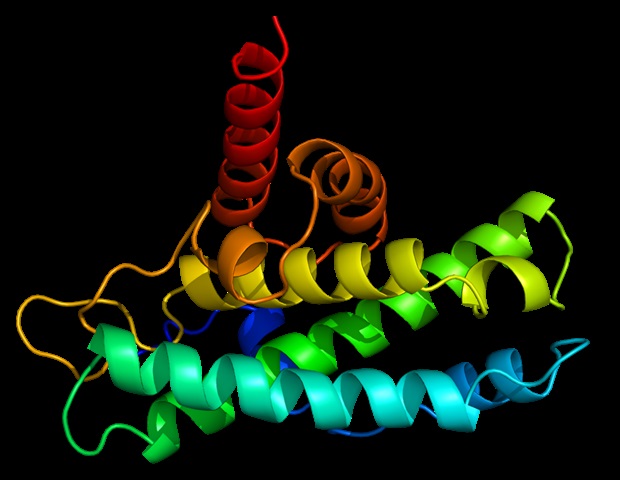
In a groundbreaking study conducted by the Institute of Psychiatry, Psychology & Neuroscience at King’s College London, it has been revealed that an overwhelming 89 to 97 percent of autistic adults aged 40 and above remain undiagnosed in the UK. This comprehensive review, the largest of its kind, sheds light on the stark challenges faced by middle-aged and older autistic adults, who are experiencing higher rates of mental and physical health conditions compared to their non-autistic counterparts.
The findings underscore a critical gap in the recognition and support for older autistic individuals, who also face significant hurdles in employment, relationships, and overall wellbeing. Despite a near fourfold increase in research on aging within autistic populations since 2012, only a minuscule 0.4 percent of autism research since 1980 has focused on midlife and older age groups.
Understanding the Underdiagnosis Epidemic
Published in the Annual Review of Developmental Psychology, the review highlights the urgent need for more targeted studies to improve outcomes for this demographic. Supported by the British Academy and the National Institute for Health and Care Research (NIHR) Maudsley Biomedical Research Centre, the research identifies substantial barriers that prevent older autistic adults from receiving appropriate healthcare support.
The discrepancy in diagnosis rates between younger and older generations is stark. The review re-analyzed UK healthcare data from 2018, revealing that 89 percent of individuals aged 40-59 and a staggering 97 percent of those aged 60 and over are undiagnosed. Dr. Gavin Stewart, the lead author, emphasized the implications of these findings:
“These very high underdiagnosis estimates suggest that many autistic adults will have never been recognized as being autistic, and will have not been offered the right support. This could make them more susceptible to age-related problems, for example being socially isolated and having poorer health.”
Health Risks and Social Challenges
The review paints a concerning picture of the health challenges faced by older autistic adults. The evidence indicates higher rates of nearly all physical and mental health conditions, including immune diseases, cardiovascular issues, neurological disorders, and gastrointestinal problems. Mental health concerns are particularly pronounced, with older adults displaying high autistic traits being six times more likely to experience suicidal ideation and self-harm.
Moreover, autistic adults are four times more likely to be diagnosed with early onset dementia compared to non-autistic individuals. The average life expectancy for autistic people is six years less than their non-autistic peers, living to around 75 years compared to 81 years. These figures, however, may be skewed due to the high rates of underdiagnosis.
Barriers to Healthcare and Social Support
Autistic adults face significant barriers in accessing healthcare, often navigating systems not designed for their needs. Challenges include communication differences, sensory sensitivities, and a lack of clinician understanding of autism in adulthood. Social isolation is another critical issue, with strong social support being linked to improved quality of life.
“Understanding the needs of autistic people as they age is a pressing global public health concern,” said Professor Francesca Happé, co-author of the review. “As autistic people age, the nature of the challenges they face changes. We must adopt a lifespan approach that funds long-term research, integrates tailored healthcare, and expands social supports so that ageing autistic people can live happy and healthy lives.”
The Path Forward: Bridging Research Gaps
The review calls for a significant increase in longitudinal research to better understand the aging process in autistic individuals. By following autistic people over time, researchers aim to directly measure the effects of aging and improve outcomes. The current lack of such research leaves critical gaps in policy and services, potentially skewing our understanding of how autistic people age.
As the population of older autistic adults grows, the need for comprehensive research and tailored support systems becomes increasingly urgent. Addressing these challenges requires a collaborative effort from researchers, healthcare providers, and policymakers to ensure that autistic individuals can lead fulfilling and healthy lives as they age.







